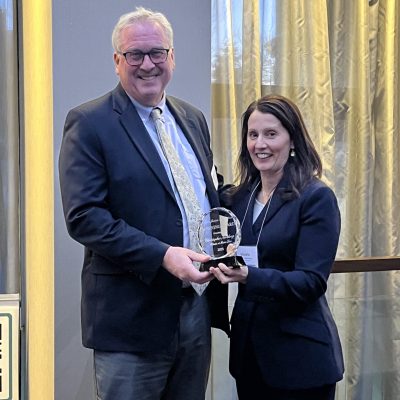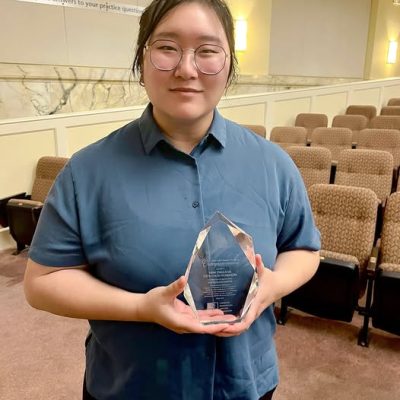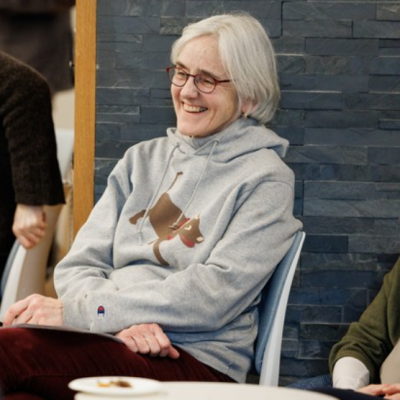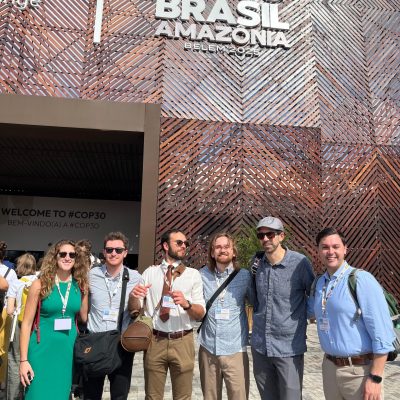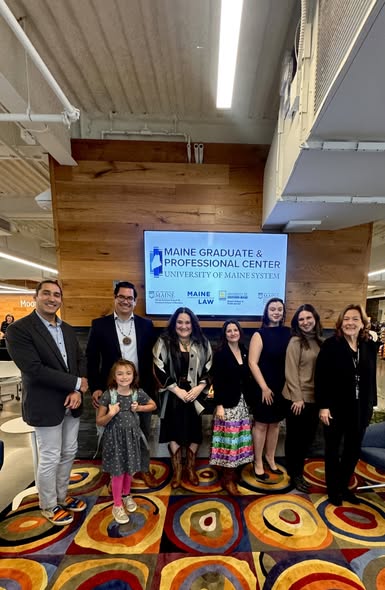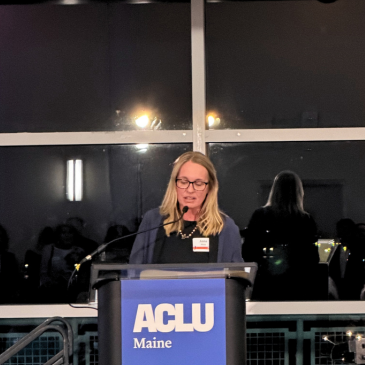Maine’s juvenile justice system should shift away from reliance on large facilities like Long Creek Youth Development Center in South Portland towards a continuum of care utilizing community-based in-home services and evidence-based out-of-home services for youth, according to a new white paper from the Justice Policy Program at the University of Southern Maine’s Muskie School of Public Service and the Maine Center for Juvenile Policy and Law at the University of Maine School of Law.
Citing national research, the paper describes how large, prison-like youth facilities embody some of the most harmful elements of adult incarceration, such as solitary confinement, physical and sexual abuse, and physical restraints. While Maine has been nationally recognized for its performance among juvenile correctional facilities and has successfully decreased the numbers of youth committed since 2010, serious questions remain about the utility, safety, and efficacy of Long Creek. These concerns come at a time when the entire model of youth incarceration and how it has been administered is being called into question, nationally and locally.
To implement reform in Maine, the paper’s authors – Mara Sanchez and Erica King of the Justice Policy Program, and Jill Ward of the Law School – recommend the development of a continuum of community-based alternatives.
“A continuum of care, or range of non-residential community-based programs, supports and services specifically aimed at meeting the individual needs of youth as well as their families has worked in other jurisdictions and at less cost to the taxpayer,” said Sanchez.
“Research and our own experience tell us that there are more effective ways to meet the needs of system-involved youth that strengthen communities and promote public safety,” said Ward. “Evidence suggests that confinement does not work for the vast majority of young people, and it actually increases a youth’s likelihood of being re-arrested. Maine has the opportunity to reimagine a system that produces better outcomes for our young people and our communities.”
The white paper summarizes information exchanged at a November 2017 summit of youth justice practitioners and stakeholders hosted by USM’s Muskie School of Public Service and Maine Law’s Center for Juvenile Policy and Law. That event, titled “Youth Justice in Maine: Imagine a New Future,” convened over 100 local youth justice practitioners and stakeholders and featured presentations by national and local experts and a performance and art installation by members of Maine Inside Out and Portland Outright.
The entire 26-page white paper and detailed information about the November 2017 summit are available online.


